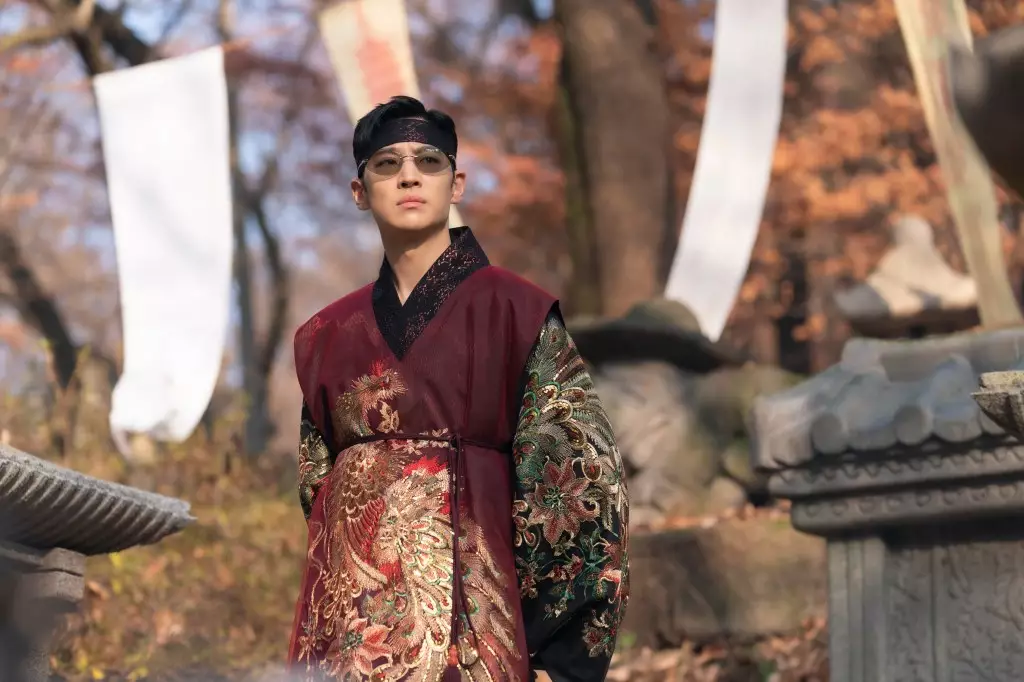The anticipation surrounding the third season of “Taxi Driver,” hosted on the OTT platform Viu and the Korean broadcasting giant SBS, is palpable among global audiences. With the return of the talented Lee Je-hoon as Kim Do-gi, who epitomizes the complex nature of a reluctant vigilante, this season promises both depth and drama. Since its debut in 2021, the show has captivated audiences with its compelling storytelling, offering a unique blend of action and social commentary. As the series gears up for its Q4 release, viewers are eager to see how the creative minds behind the scenes—writer Oh Sang-ho and director Kang Bo-seung—will continue to challenge societal norms through the lens of this gripping narrative.
Moreover, the introduction of Hong Kong artist Edan Lui into the mix is particularly exciting. Known for his musical talents within the boy band Mirror, Lui steps into the actor’s shoes for what is expected to be a transformative role. His character’s dynamic relationship with Kim Do-gi is bound to introduce fresh storytelling elements and unpredictability to the storyline. Such additions not only enrich the narrative but also highlight the show’s commitment to exploring cultural intersections.
From Webtoon to Screen: An Evolution of Themes
The source material for “Taxi Driver,” originating from the webtoon “Red Cage,” speaks volumes about the series’ intrinsic ability to resonate with a younger audience. The transition from digital comics to television is a testament to the growing influence of webtoons on global entertainment. In a world where digital media drives narratives, “Taxi Driver” has successfully translated the thrilling exploits of its characters from panel to screen without losing the essence that makes them compelling.
The show’s initial seasons tackled sensitive topics such as justice, morality, and the often blurry lines between right and wrong. As we brace ourselves for Season 3, the narrative is expected to delve deeper into the psychological struggles of its characters. This exploration presents an opportunity to challenge not only Kim Do-gi but also the viewers’ perceptions of heroism and villainy, pushing the boundaries of traditional storytelling.
Viu’s Expanding Portfolio: A Commitment to Quality and Diversity
Viu’s strategy to bring forth a diverse slate of programming echoes a significant shift in viewership preferences. Alongside “Taxi Driver 3,” viewers can look forward to a smorgasbord of titles like “My Youth” starring Song Joong-ki and various other projects from Southeast Asian markets. By actively investing in local productions and co-productions, Viu is signaling a commitment to strengthening regional narratives while also appealing to a broader audience.
The promise of 12 new Malay titles—including collaborations with local studios—highlights the platform’s vision of not only diversifying content but elevating local talent. It’s a bold move that showcases Viu’s intent to weave cultural tales that resonate within their communities while simultaneously appealing to international viewers. Such initiatives will pave the way for more authentic storytelling, showcasing the rich narrative tapestry of Asia.
Creative Collaborations and Future Prospects
Both Park Jeong-hoon of SBS Media Group and Janice Lee of PCCW Media Group have expressed enthusiasm over the collaborative efforts that underscore “Taxi Driver 3.” Their remarks indicate a strategic intentionality towards producing high-quality dramas that will maintain and hopefully exceed the successes of the previous seasons. The upcoming releases suggest a rising wave of creative partnerships ranging from Korean listings to Indonesian narratives, solidifying Viu’s position as a central player in the digital streaming ecosystem.
With the entertainment landscape continually evolving, this season of “Taxi Driver” becomes more than just a show; it becomes a cultural phenomenon. It brings together creative talents from various backgrounds, encouraging a rich exchange of ideas and perspectives. By emphasizing local narratives that carry global appeal, Viu is taking significant steps toward shaping the future of content production and consumption across borders.
In this diverse media environment, “Taxi Driver 3” sets the stage not just for a riveting series continuation but as a hallmark of collaborative creativity that honors the richness of Asian storytelling for audiences worldwide. The blend of local roots with international reach ensures that stories like Kim Do-gi’s will resonate and endure.
